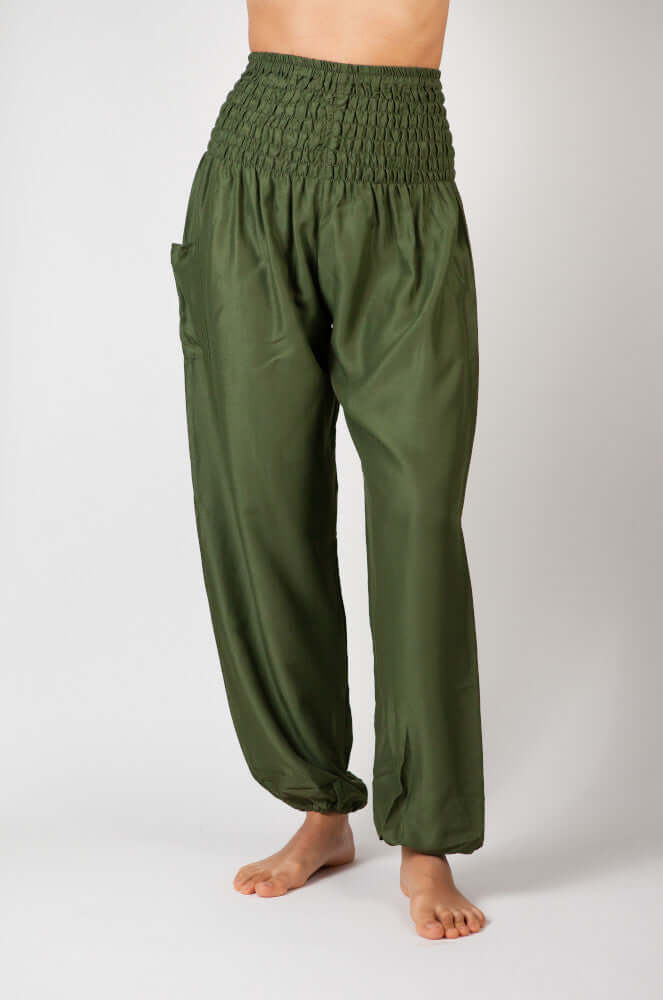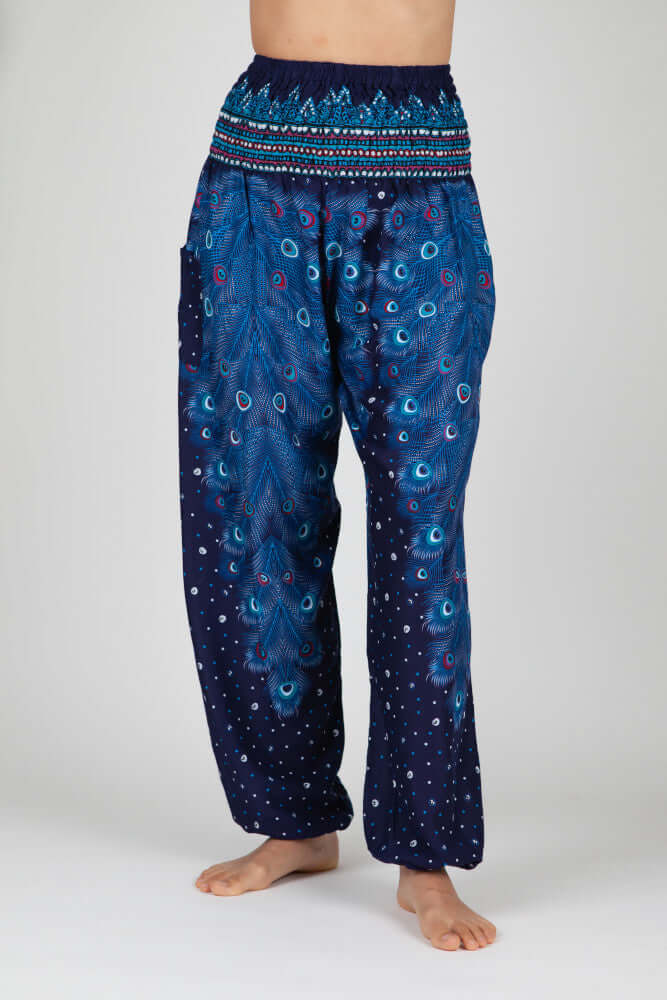
Inhaltsverzeichnis
Die kleine Lehre vom Stress
Jeder von uns kennt das Gefühl: Alles wird einem zu viel, man fühlt sich überwältigt oder ausgelaugt. Man ist innerlich unruhig und würde am liebsten die Zeit anhalten oder 20 Stunden am Stück schlafen. Stress ist mittlerweile zu einer Volkskrankheit geworden, und doch erlebt sie jeder anders.
Was du über Stress wissen solltest, erfährst du jetzt.
Definition: Was genau versteht man unter Stress?
Mittlerweile gibt es zahlreiche Definitionen von Stress. Viele davon beziehen sich auf psychischen Stress bzw. auf das, was wir heutzutage unter Stress verstehen. Aus medizinischer Sicht ist Stress eine körperliche Reaktion, die den Körper in kurzer Zeit besonders leistungsfähig machen soll und keineswegs krank macht (dazu gleich nochmal mehr). Ich möchte mich heute besonders auf das biopsychologische Verständnis von Stress stützen, da dieses die medizinische / körperliche Komponente und das subjektive Empfinden von Stress (Stress, wie wir ihn heute kennen) vereint.
Stress ist ein Prozess, der aus drei Komponenten besteht:
- Das Stressphänomen setzt sich zusammen aus einem Stimulus, dem Stressor,
- einer subjektiven Erlebniskomponente (meist mit Bewältigungshandlung) und
- einer Stressreaktion, die sich durch eine Auslenkung aus dem körperlichen Gleichgewicht zeigt.
Ich möchte das ganze an einem Beispiel verdeutlichen. Nehmen wir an, ich besuche Freunde, die einen Hund besitzen. Und nehmen wir ebenfalls an, ich würde Hunde nicht mögen und fürchtete mich vor ihnen. An der Haustür springt mich der Hund meiner Freunde zur Begrüßung an (Stressor). Dass der Hund mir so zu nahe kommt verärgert mich und macht mir Angst (subjektive Erlebniskomponente), ich bewerte den Stressor als aversiv. Ich schreckte leicht zurück und versuche den Hund mit meinen Händen ein wenig von mir weg zu halten (Bewältigungshandlung). Mein Körper reagiert auf die Situation indem mir warm wird, mein Herz schneller schlägt und ich merke, wie ich feuchte Hände bekomme. Das ist die Stressreaktion.
An diesem Beispiel wird deutlich, dass Stress für jeden etwas anderes bedeuten kann. Wenn ich ein totaler Hundeliebhaber bin, würde mich eine solche Situation nicht stören; ich würde mich wohlmöglich sogar sehr über diese herzliche Begrüßung freuen, und es würde kein Stress entstehen. Der Reiz an sich (der Hund springt mich an) bleibt gleich, aber die subjektive Erlebniskomponente sieht anders aus, und die Stressreaktion erfolgt nicht.
Evolution: Wieso reagiert mein Körper auf Stress?
Evolutionär gesehen ist die Reaktion unseres Körpers auf Stress eine sinnvolle Antwort auf Stressoren, die eine unmittelbare Bedrohung für uns darstellen. Solche Bedrohungen waren für unsere frühen Vorfahren vor allem Fressfeinde. Hier ging es nicht um persönliche Präferenzen, sondern um Leben und Tod. Musste sich unser Vorfahre mit, sagen wir, einem Säbelzahntiger, auseinandersetzen, konnte er entweder kämpfen oder fliehen. In der Stressforschung wird diese “Kampf-Flucht-Reaktion” (fight flight response) als weitgehend deckungsgleich mit der körperlichen Stressreaktion angesehen.
Heutzutage sind wir – zum Glück – nicht mehr bzw. kaum noch derartigen Bedrohungen ausgesetzt. Daher ist heute jede Art von Belastung, die den Organismus zu einer Anpassungsleistung zwingt, eine Stressbelastung. Das kann alles von Arbeiten unter Zeitdruck und emotionalen Belastungen, über Entscheidungszwang bis hin zu Nahrungsmangel und starken Temperaturschwankungen sein. Haben wir für diese Situationen keine entsprechenden Bewältigungsmöglichkeiten, kommt es zu einer Stressbelastung.
Das Problem ist, dass sich die kulturellen und zivilisatorischen Anforderungen immer wieder und recht schnell verändern. Unsere genetische Ausstattung, also auch unser Körper und unser Gehirn, kommen da nicht hinterher. Sie konnten sich nicht schnell genug an die veränderten Bedingungen anpassen. Das bedeutet, dass sich sämtliche innere Organsysteme aktivieren, wenn auf einen Stressor reagiert werden muss – obwohl in den seltensten Fällen wirklich ein Kampf-Flucht-Verhalten angebracht wäre.
Stressreaktion: Wie reagiert mein Körper auf Stress?
Wie oben beschrieben, muss der Körper zunächst einen Stressor, also einen “bedrohlichen” Reiz, wahrnehmen. Dieser Reiz erscheint meist plötzlich (Der Hund, der mich anspringt / ein hupendes Auto / der Chef taucht in meinem Büro auf / etc.).
Der Sympathikus, Teil des vegetativen Nervensystems, schaltet sich ein und steuert primär Aktivierungsvorgänge, wie sie für die Kampf- oder Fluchtreaktion nötig sind: Er sorgt für erhöhten Blutdruck, eine Leistungssteigerung des Herzens und erweitert die Bronchien. Außerdem werden Noradrenalin, Adrenalin und Kortisol ausgeschüttet. Besonders Kortisol dient der Energiebereitstellung im Körper. Muskeln werden angespannt.
In diesem Zustand erhöhter Wachsamkeit ist der Körper also bereit, sich der “Gefahrensituation” zu stellen.
Nun kann also auf den Stressor reagiert werden und die Situation kann bewältigt werden. Dann lässt die körperliche Stressreaktion wieder nach und der Körper pendelt sich wieder in seinen Normalzustand ein.
Bisher sprachen wir von akuten bedrohlichen Reizen. Doch was passiert im Körper, wenn wir dauergestresst sind? Denn das ist ja gerade in unserer heutigen Zeit üblich.
Die Nebennierenrinde, die die Stresshormone produziert und auch ausschüttet, ist dann dauerhaft aktiv. Das ist für unseren Körper sehr anstrengend und kräftezehrend. Denn die Produktion von Stresshormonen benötigt viele Nährstoffe und viel Energie, die irgendwann ausgehen. Der Körper kann nicht mehr angemessen reagieren und geht früher oder später in einen Erschöpfungszustand über.
Arten von Stress: Gibt es auch “guten” Stress?
Wir verbinden Stress automatisch mit Negativem. Wie wir anfangs gesehen haben, ist Stress aber eigentlich “nur” eine sinnvolle Reaktion unseres Körpers, uns vor Gefahren zu schützen. Er muss ein Ungleichgewicht herstellen, um uns genügend Energie und Ressourcen bereitzustellen. So ist die Geburt eines Kindes oder eine Überraschungsparty auch eine Art von Stress… Man unterscheidet grundsätzlich zwei Arten von Stress:
Eustress
Zu Eustress zählt die Art von Stress, die einen kurz aus dem Gleichgewicht bringt, und längerfristig gesehen aber nützt und uns weiterbringt. Das kann, um das Beispiel von gerade aufzugreifen, die Geburt eines Kindes sein, eine persönliche Herausforderung, Fasten, eine Klausur oder auch Sport. In diesen Situationen geraten wir in Aufregung; unser Körper ist energiegeladen.
Distress
Der Gegenspieler des Eustress ist der Distress. Diese Art von Stress bringt uns ebenfalls aus dem Gleichgewicht und schadet uns sogar langfristig. Hierzu gehören Anforderungen und Situationen, die man als negativ empfindet und die man oft nicht zur eigenen Zufriedenheit bewältigen kann. Distress hält meist länger an oder wird zum Dauerzustand. Typische Beispiele von Distress in unserer heutigen Gesellschaft sind: Dauererreichbarkeit durch die Digitalisierung, Zukunftsängste, Zeitdruck oder etwa eine Dauerbelastung durch Kind und Beruf. Gerät man in Distress, fühlt man sich überansprucht und aufgezehrt.
Zum Distress hingegen gehören alle Anforderungen und Situationen, die man als negativ empfindet. Oft kann man sie nicht zur eigenen Zufriedenheit bewältigen. Die Folge: Man fühlt sich überbeansprucht und aufgezehrt. Typische Faktoren, die in der heutigen Gesellschaft Distress erzeugen sind: Dauererreichbarkeit durch die Digitalisierung, Doppelbelastung durch Kind und Beruf sowie Zukunftsängste durch unsichere Arbeitsverhältnisse.
Stressbewältigung: Wie gehe ich mit Stress um?
Die einen lieben Sport, um sich so richtig auszupowern. Die anderen würden alles lieber tun, als eine Runde Joggen zu gehen. Daran sieht man mal wieder, dass ein und derselbe Reiz für manche Personen Eustress und für andere Distress bedeuten kann.
Im Grunde können wir also selbst bestimmen, was für uns Stress bedeutet. Denn Stress ist sehr subjektiv. Daher zielt Stressbewältigung nicht nur auf die Reduktion des Stresses selbst ab, sonder auch auf eine Anpassung bzw. Umstellung der eigenen Denkweisen. Natürlich ist manch ein Stress nicht von heute auf morgen vermeidbar oder löst sich in Luft auf. Trotzdem kann man sich immer selbst vor die Wahl stellen, wie man mit Stress umgeht.
Es gibt professionelle Stressbewältigungsprogramme, und auch in der Psychotherapie kann man lernen, wie man mit Stress umgeht. Chronischer Stress kann fatale Auswirkungen auf die eigene physische und psychische Gesundheit haben. Um nur ein paar Folgen von Stress zu nennen: Herz-Kreislauf-Erkrankungen, Magengeschwüre, Absterben von Nervenzellen im Gehirn, Depression…
Das klingt durchaus beängstigend und zeigt einmal mehr, wieso es wichtig ist, ein ausgewogenes Leben zu führen und sich auch mal Pausen zu gönnen. Denn gerade in unserer heutigen Gesellschaft leiden viele unter chronischem Stress. Und der ist wirklich nicht zu unterschätzen.
In diesem Blogpost stelle ich einige Möglichkeiten der Stressreduktion vor, für die man gar keinen großen Aufwand betreiben muss. Vielleicht ist für dich ja auch was dabei!
Wenn du noch mehr über die Themen Achtsamkeit, gesunde Ernährung oder Nachhaltigkeit erfahren möchtest, schaue doch mal hier vorbei.






























Leave a comment
This site is protected by hCaptcha and the hCaptcha Privacy Policy and Terms of Service apply.